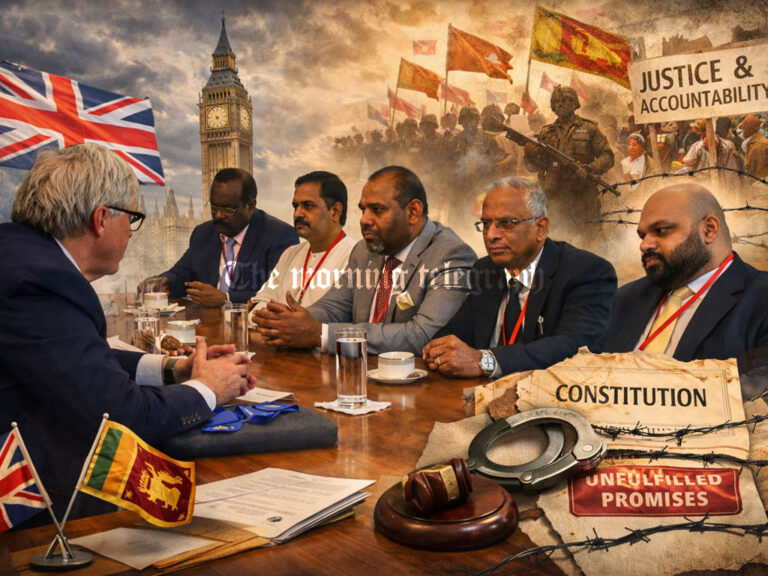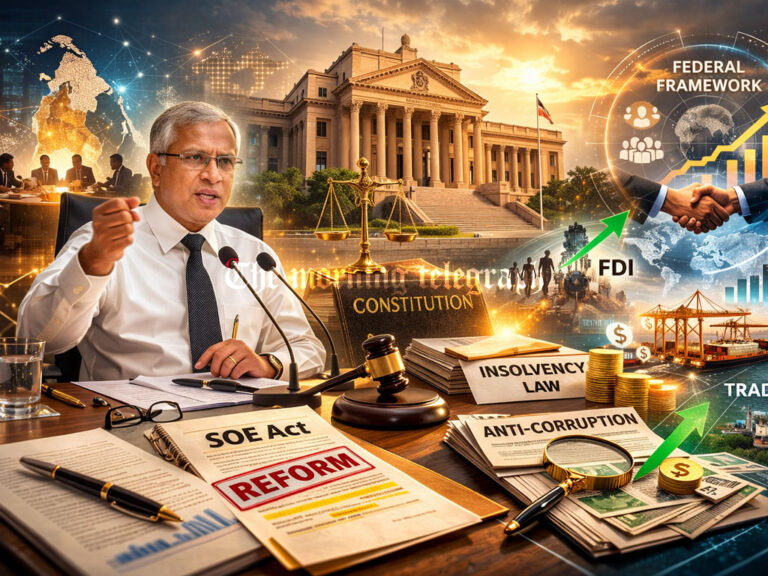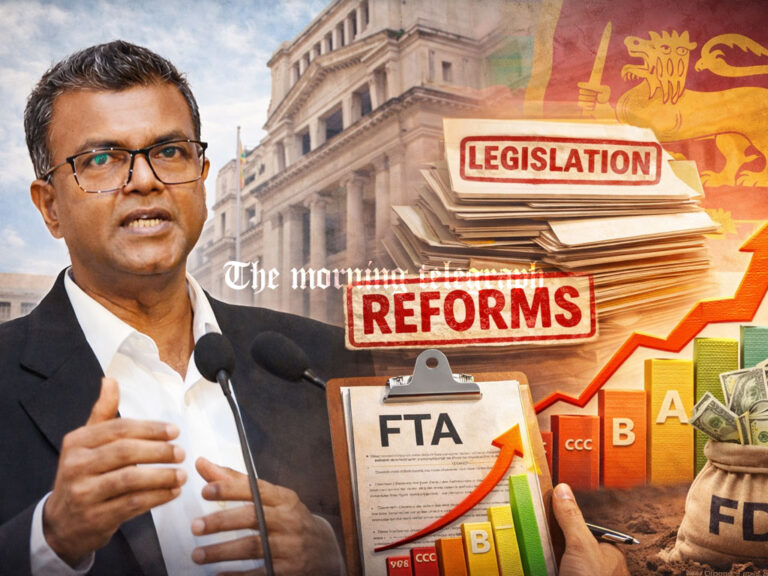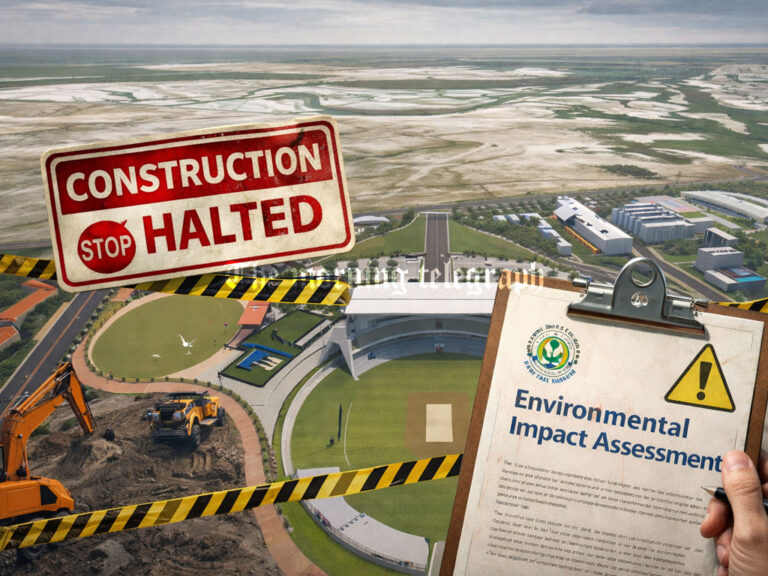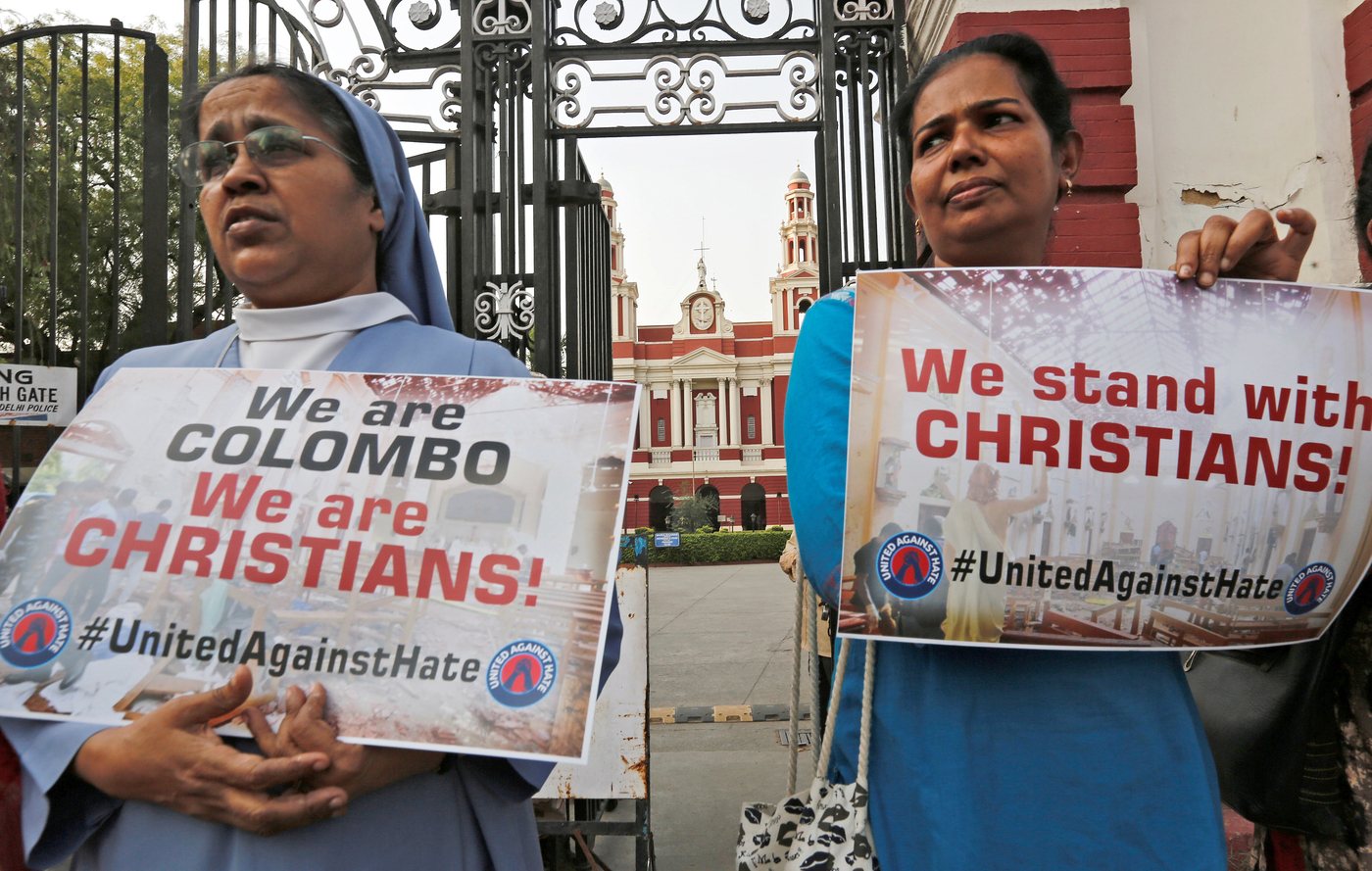
Women hold signs during an April 23, 2019, prayer vigil outside a Catholic church in New Delhi, India, in solidarity with the victims of Sri Lanka's Easter suicide bomb attacks. (CNS photo/Adnan Abidi, Reuters)
(COLOMBO) – The Sri Lankan authorities have been instructed to raid unregistered religious centres that are known engage in religious conversions.
Steps will be taken to raid unregistered religious centres that are engaged in such conversions in a move to stop such activities, Buddhasasana, Religious and Cultural Affairs Minister Vidura Wickramanayaka said.
The Minister has instructed the Commissioner General of Buddhist Affairs to inform the police chief to carry out raids on unregistered religious centres that are engaged in religious conversions.
The discussion also focused on steps to be taken regarding issues related to religious places of worship, Buddhist monks and religious distortion.
Hundreds of so-called foreign funded Christian missionaries have been repeatedly accused of carrying out conversion of Buddhists and others in exchange for monetary gifts.
Editor’s Note:
Whilst the government sees a need to solve this issue, the timing of giving such an order for execution as such remains in question, especially at a time closer to a government election.
It is a historical fact that minority communities have been targeted and where several lives have perished due to such events taking place.
The Sri Lankan government, in response to a rise in religious conversions, is drafting proposed legislation to address what they term as “unethical conversions.” This development comes amidst reports of violent attacks on Christians in Divulapitiya, Gampaha District, and Passara, Badulla District.
The proposed law aims to combat religious conversions allegedly made for financial gain or to access other services, such as education. These allegations are leveled against both Christians and Muslims. While most converts come from the majority-Buddhist Sinhala ethnic group, a higher proportion of Tamils (25% of the overall population) are also converting.
The issue of “unethical conversions” has historical roots, dating back to the post-colonial era. Christian missionaries’ establishment of educational institutions and business opportunities led to accusations that they were inducing people to embrace Christianity. The government now seeks a legal framework to address this issue and curb conversions driven by financial incentives.
Despite these efforts, some individuals, including politicians and well-known figures who have converted to Christianity, continue to be “targeted for unethical conversion.” Calls for amendments to constitutional protections of religious freedom have sparked debates.
In summary, Sri Lanka is grappling with the delicate balance between religious freedom and concerns about the methods used in conversions. The proposed legislation aims to address these challenges and protect the rights of individuals while preventing unethical practices.

